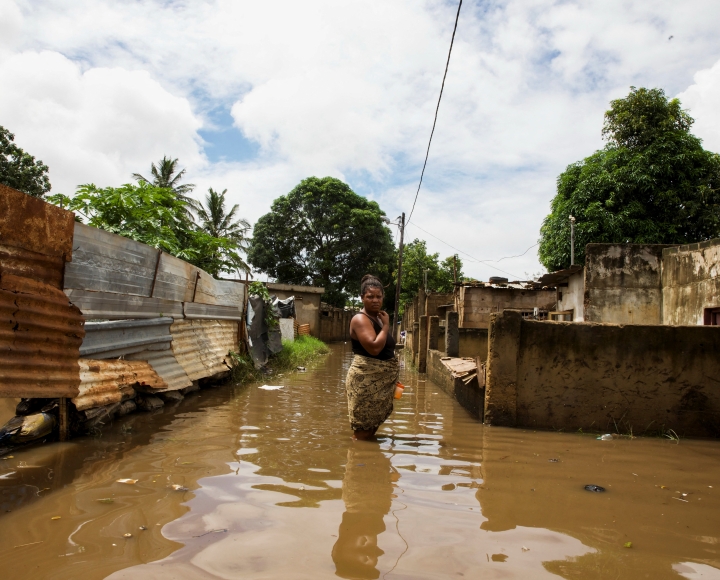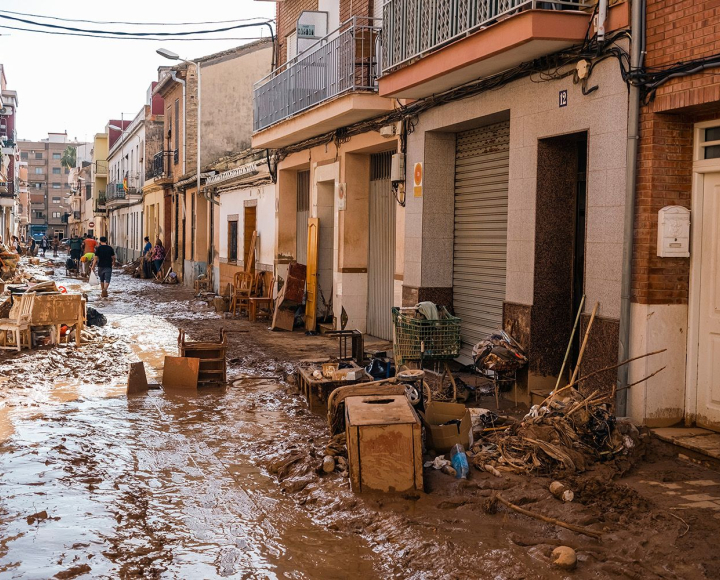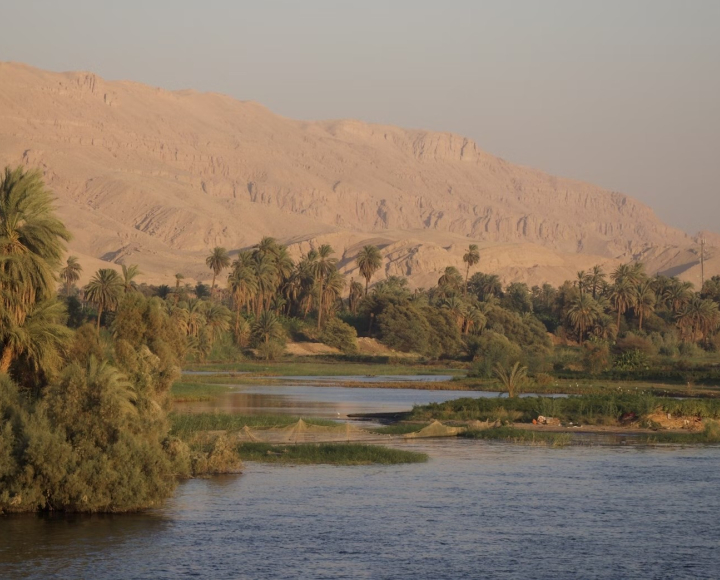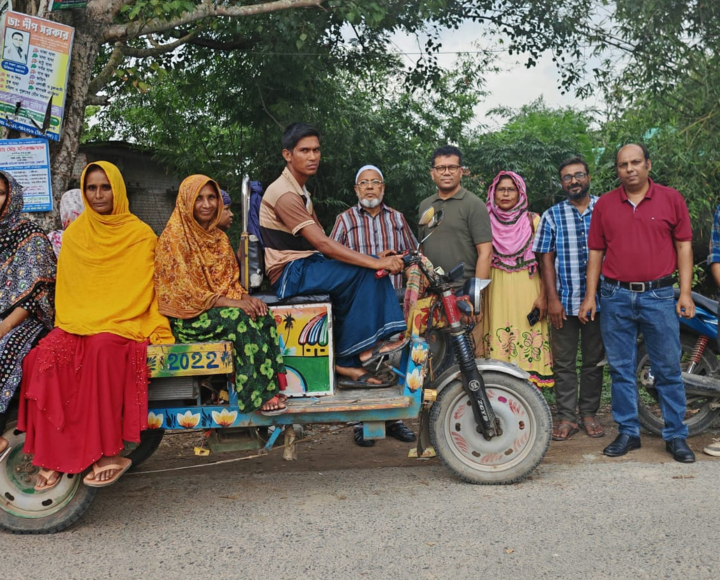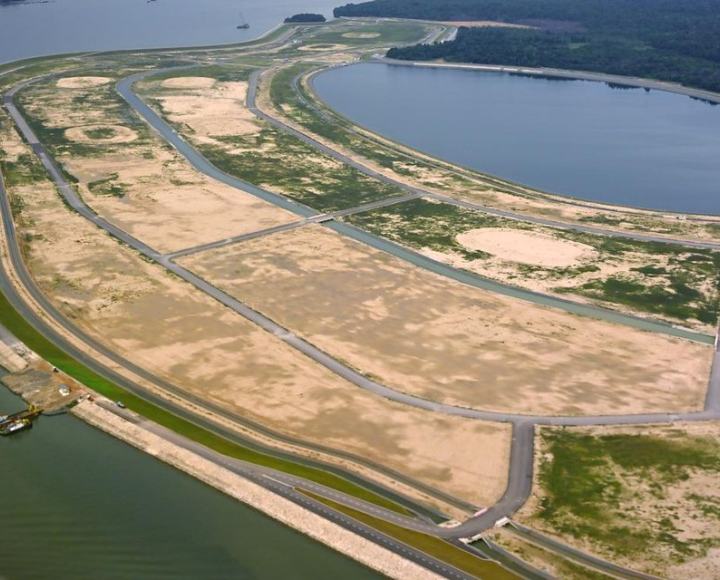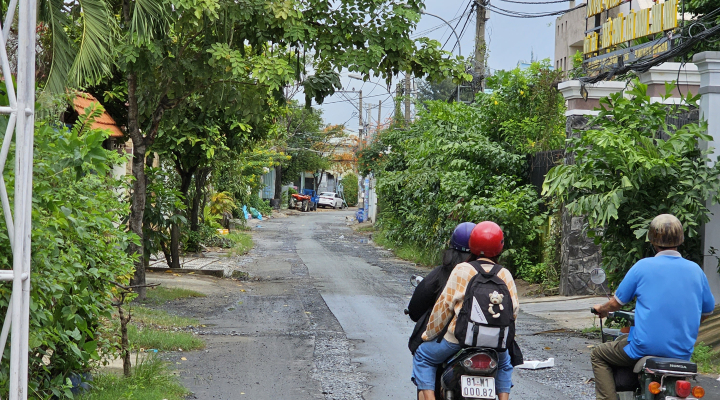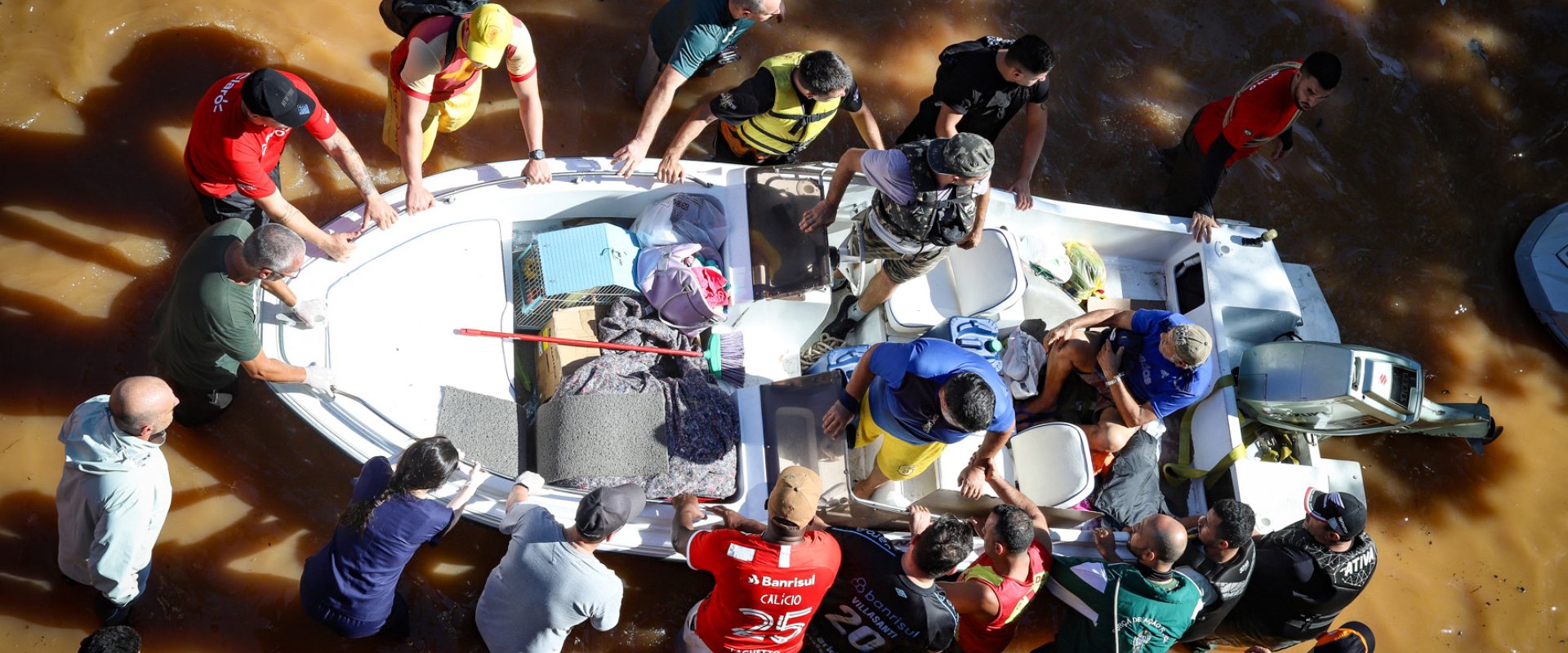
Dutch experts support Brazil to reinforce Porto Alegre’s flood protection
The Brazilian state of Rio Grande do Sul received a delegation of experts from the Netherlands at the beginning of June to support the region with the recent floods and suggest ways to improve the flood protection system of the state’s capital city of Porto Alegre. The technical agenda was requested by Porto Alegre’s Municipal Department of Water and Sewage (DMAE).
The objective of the visit was to collect information, assess the situation caused by the floods, and discuss action models. The agenda in Porto Alegre included meetings with the Municipality of Porto Alegre and the Government of Rio Grande do Sul.
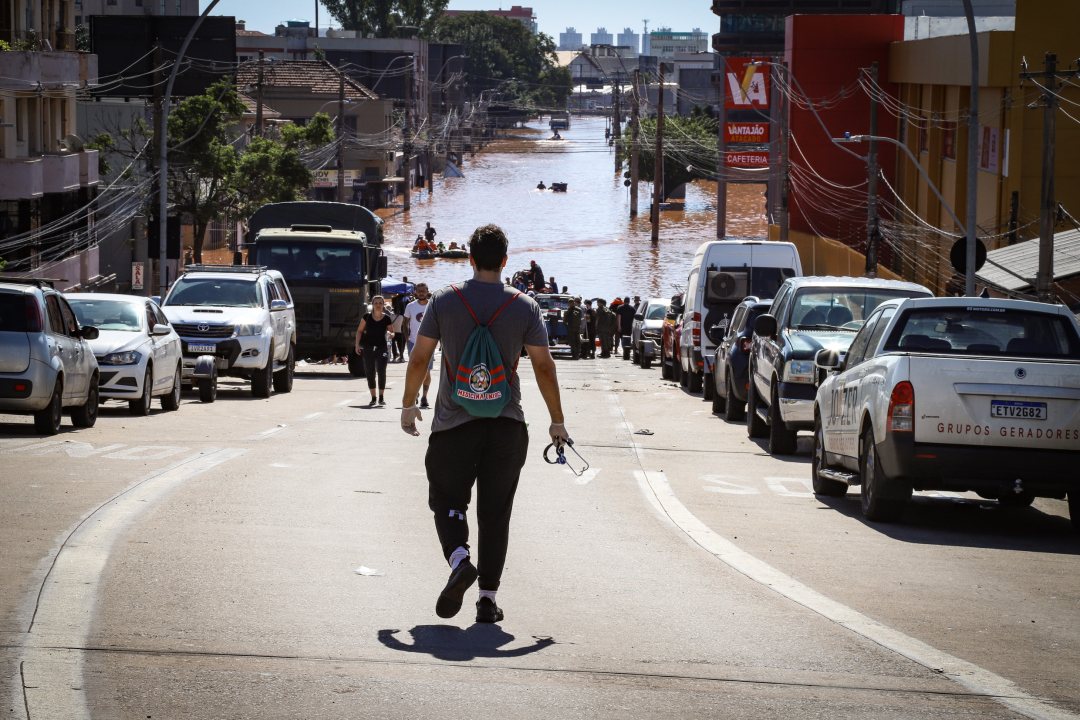

The state of Rio Grande do Sul in Brazil has experienced disastrous flooding due to heavy rainfall. According to the reported data, floods in May affected 477 out of Rio Grande do Sul’s 497 municipalities. Around 2,000,000 people were affected directly or indirectly. Approximately 80,000 people ended up in shelters, and 172 lost their lives.
Following this climate catastrophe, a Dutch Disaster Risk Reduction and Surge Support (DRRS) team was sent to Porto Alegre to make an in situ analysis of the city’s drainage system and the challenges it faces, particularly of the flood risks of the island archipelago, and to prepare a report with suggestions to improve the capital's technical framework in dealing with floods. The group of experts includes specialists in drainage, flood response, flood preparedness and water solutions optimisation.
The actions are being coordinated by the Dutch Diplomatic and Economic Network in Brazil, through the Embassy of the Kingdom of the Netherlands in Brazil, the Consulate General of São Paulo and the Dutch Business Office in the Southern Region of Brazil.
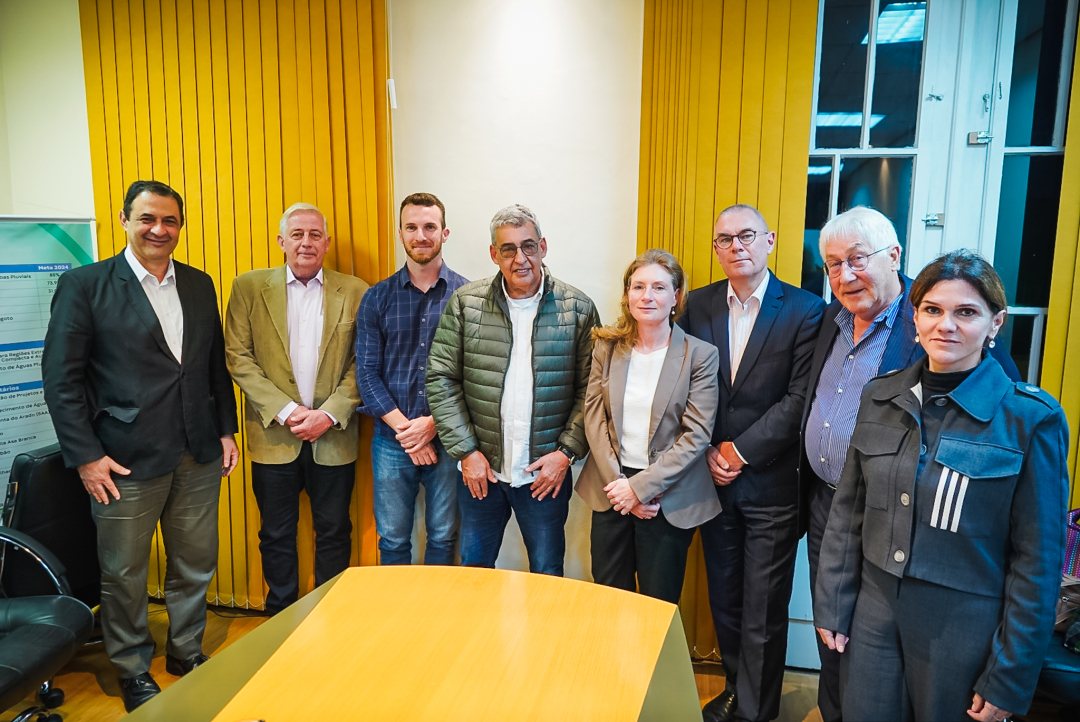

Building resilience
The Government of Rio Grande do Sul met with the Dutch group on 6 June to discuss the biggest flood in the history of Rio Grande do Sul and promote the exchange of knowledge between the technical teams. The group was received by Eduardo Leite, the Governor of Rio Grande do Sul, Marjorie Kauffmann, the Environment and Infrastructure State Secretary, and Pedro Capeluppi, the Extraordinary Secretariat to Support the Reconstruction of Rio Grande do Sul.
The meeting is part of the ‘Rio Grande Plan’ initiative, the State's reconstruction, adaptation and climate resilience programme that plans, coordinates and executes actions to deal with the social, economic and environmental consequences.
“We are determined to promote the reconstruction of Rio Grande do Sul and establish a robust resilience and climate adaptation plan for the future of the State. It is important that we have all the technical advice possible so that we can make the right investments,” said Leite.
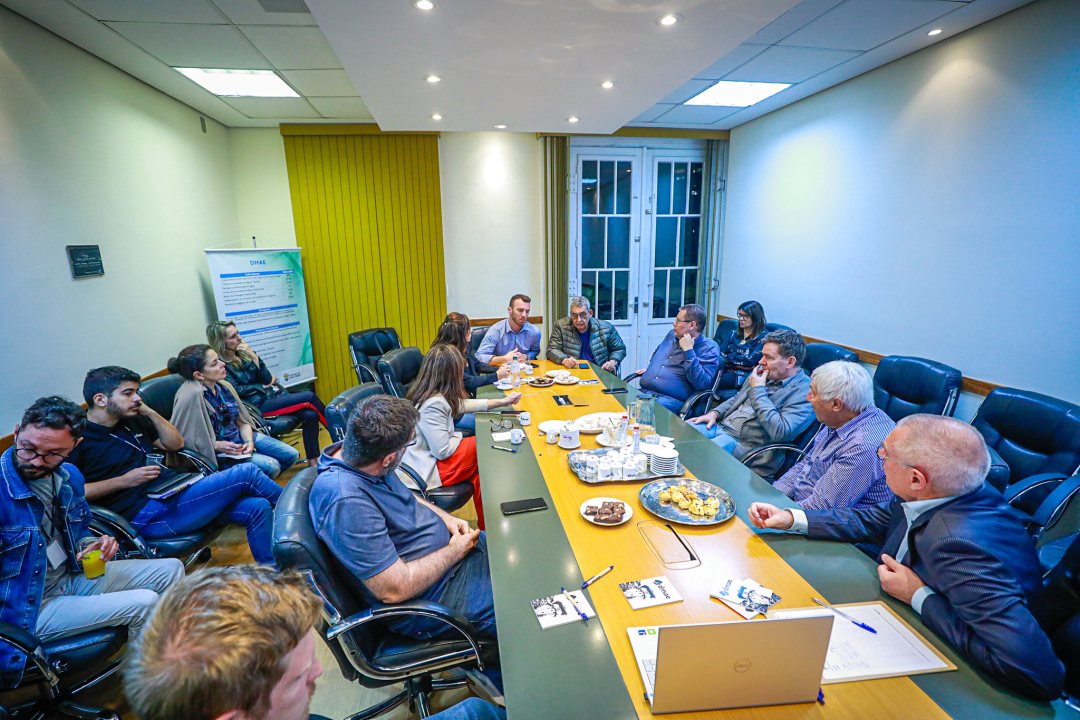

Suggested measures
Besides meetings with Government bodies, the DRRS team visited floodgates, pump houses, dikes and areas that do not have good protection.
On 10 June, the DRRS team presented their initial recommendations on improving Porto Alegre's flood protection system at a meeting with Sebastião Melo, the Mayor of Porto Alegre, Mauricio Loss, the General Director of DMAE, and DMAE technicians. The proposals included re-establishing the flood protection system; establishing a monitoring system for water levels and flows, and wind; and, creating mechanisms to verify the integrity of system components such as dikes. The Dutch team also suggested monitoring climate forecasts, issuing warnings to the population, and creating an integrated flood protection system, involving the municipality, state and federal governments.
The final report will be delivered at the end of June. After identifying weaknesses and unprotected areas, the final report will make suggestions on improving the current structure and enabling the exchange of technologies, making the city safer in case of future floods.
About the DRRS Programme
The Disaster Risk Reduction and Surge Support Programme is an initiative of the Government of the Netherlands that aims to prevent and reduce the impact of water and climate-related disasters worldwide and increase the resilience of affected areas and populations.
The Programme operates throughout disaster management cycle phases: mitigation, preparedness, response and recovery. Every intervention is tailor-made, based on the need of the requesting country and the expertise needed.
The DRRS programme is coordinated by the Netherlands Enterprise Agency (RVO). Governments and humanitarian actors abroad can request support by emailing drrs@rvo.nl.




